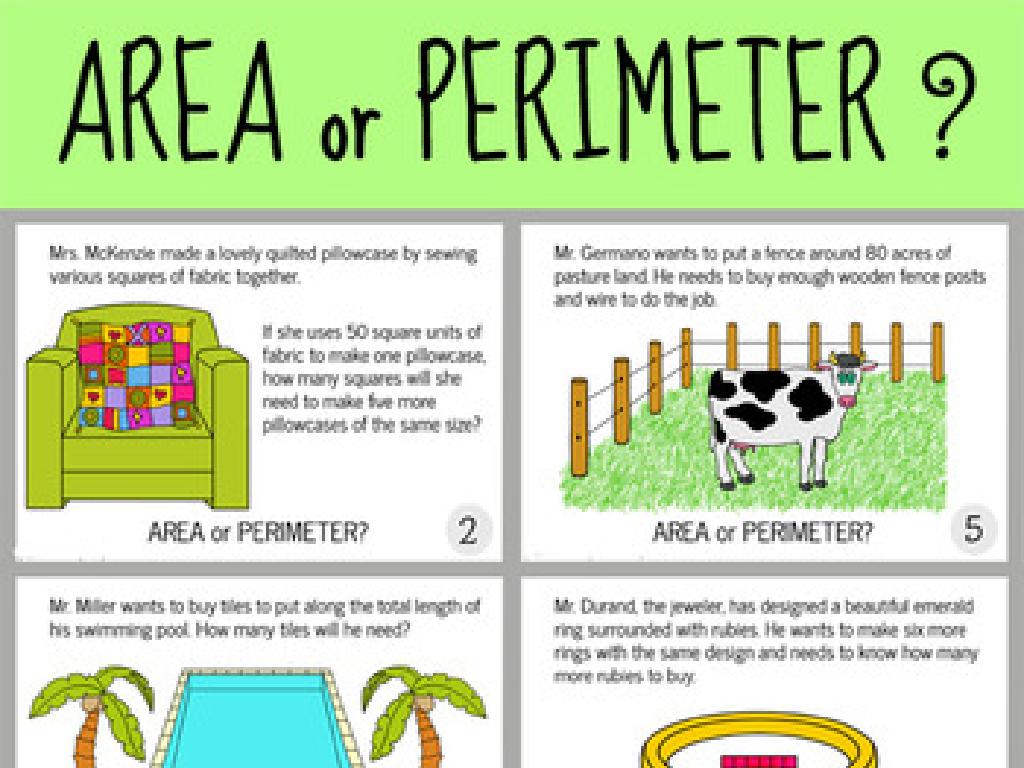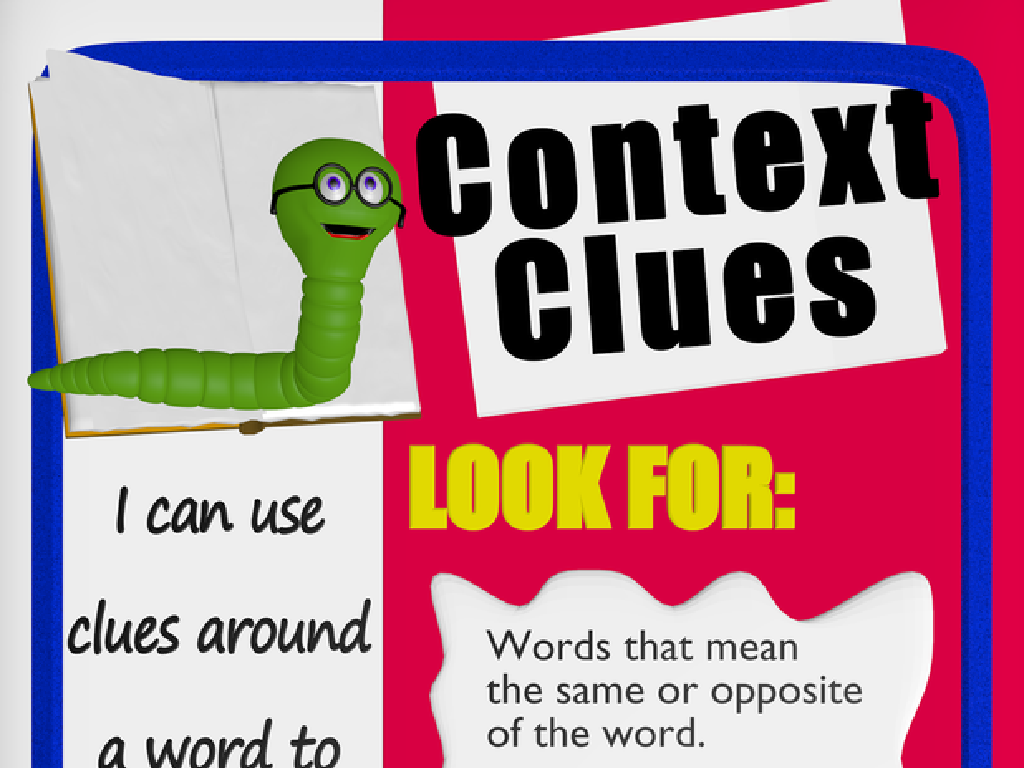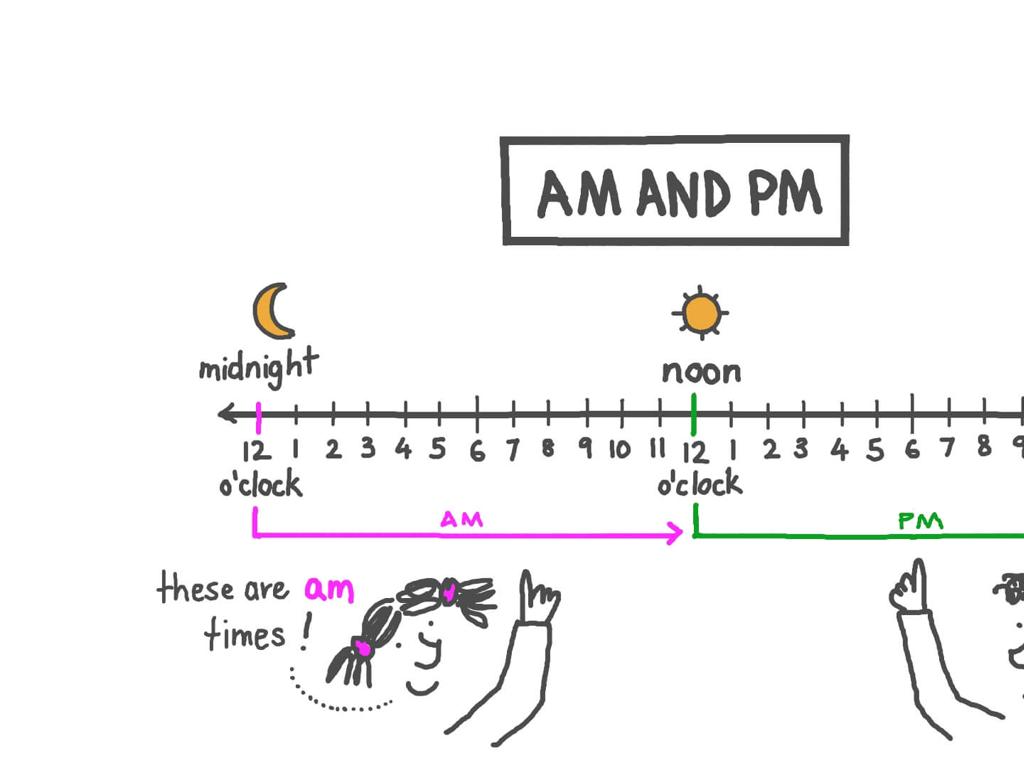French And English Expeditions: Part I
Subject: Social studies
Grade: Sixth grade
Topic: Age Of Exploration
Please LOG IN to download the presentation. Access is available to registered users only.
View More Content
The Age of Exploration: French & English Expeditions
– Exploring the Age of Exploration
– Motives for expeditions
– Seeking wealth, trade routes, and knowledge
– French explorers’ impact
– Cartier’s discovery of Canada, Champlain’s establishment of Quebec
– English explorers’ contributions
– John Cabot’s North American coast exploration, Drake’s circumnavigation
|
This slide introduces students to the Age of Exploration, emphasizing the French and English expeditions. Begin with a brief overview of the period, highlighting the widespread European interest in discovery and expansion from the 15th to 17th centuries. Discuss the various motives, including economic (wealth, trade), religious (spread Christianity), and intellectual curiosity (new knowledge, mapping unknown lands). Focus on the French explorers like Jacques Cartier, who claimed Canada for France, and Samuel de Champlain, who founded Quebec. Then, shift to the English explorers, mentioning John Cabot’s exploration of the North American coast and Sir Francis Drake’s famous circumnavigation of the globe. Encourage students to consider how these expeditions shaped the modern world.
Motivations Behind Exploration
– Explorers’ quest for Gold
– Wealth through trade and finding new resources
– Spreading God’s word
– Missionaries aimed to convert indigenous peoples
– Seeking Glory and fame
– Nations competed for power and prestige
– Global impact of exploration
– New trade routes and cultural exchanges
|
This slide aims to explain the motivations for the French and English expeditions during the Age of Exploration. The three G’s: Gold, God, and Glory, summarize the main reasons. Explorers sought to increase wealth through trade and the discovery of new resources, which is represented by ‘Gold.’ The spread of Christianity was a significant motivator, hence ‘God.’ The competition among European nations for supremacy and the personal fame of explorers is captured by ‘Glory.’ The impact of these explorations was profound, leading to the establishment of new trade routes, cultural exchanges, and ultimately the shaping of the modern world. Encourage students to think about how these motivations are similar to or different from what motivates people today.
Famous French Explorers: Pioneers of the New World
– Jacques Cartier: Canada’s Discoverer
– First European to describe and map Gulf of Saint Lawrence and the shores of the Saint Lawrence River.
– Samuel de Champlain: Quebec’s Founder
– Known as ‘Father of New France’, established the first permanent European settlements.
– French exploration’s North American impact
– French explorers established fur trade networks and alliances with Native American tribes.
– Cultural and trade influence
– French language, customs, and laws were introduced, shaping the region’s identity.
|
This slide introduces students to key French explorers and their contributions to the Age of Exploration, particularly in North America. Jacques Cartier’s voyages led to the European discovery of Canada, while Samuel de Champlain’s efforts founded Quebec, which became the heart of French colonial empire in North America. The impact of French exploration extended beyond geographical discoveries, influencing trade, culture, and relationships with indigenous peoples. Discuss the lasting effects of these explorations, such as the spread of French language and culture in parts of Canada. Encourage students to consider how these historical events have shaped modern North American society.
Famous English Explorers
– John Cabot’s North American voyage
– In 1497, Cabot explored Canada, claiming it for England.
– Sir Francis Drake’s global journey
– Drake completed his circumnavigation in 1580, enhancing English navigation.
– Quest for the Northwest Passage
– Explorers sought a direct route to Asia through North America.
|
This slide highlights the significant contributions of English explorers during the Age of Exploration. John Cabot’s voyage in 1497 marked one of the earliest English attempts to explore North America, leading to England’s later claims in the New World. Sir Francis Drake’s circumnavigation of the globe from 1577 to 1580 was a monumental feat that not only brought him fame but also valuable knowledge and experience in navigation and global awareness for England. The persistent search for the Northwest Passage reflects the English desire to find a more expedient route to the riches of Asia, which spurred numerous expeditions and advanced the understanding of the North American continent. Encourage students to reflect on the motivations, challenges, and impacts of these explorations on world history.
Comparing French & English Expeditions
– Goals of French & English
– Both sought new trade routes and wealth
– Varied methods & outcomes
– English focused on colonization, while French on trade alliances
– Lasting effects on modern world
– Their expeditions shaped cultural & political maps
– Reflect on exploration impacts
|
This slide aims to compare the French and English expeditions during the Age of Exploration. Highlight the similarities in their goals, such as the search for new trade routes and wealth. Discuss the differences in their approaches: the English were more inclined towards colonizing new lands, whereas the French often pursued trade alliances with indigenous peoples. Explore the lasting effects these expeditions have had on the modern world, including the influence on cultural and political boundaries. Encourage students to think about how these historical events continue to impact our lives today. Provide examples like the English language’s prevalence in North America and the French influence in Canada.
Life as an Explorer: Voyages of Discovery
– Daily life on a ship
– Routine included chores, maintaining the ship, and limited meals.
– Challenges of long voyages
– Storms, scurvy, and limited fresh water tested endurance.
– Navigation techniques
– Used stars and compass for direction.
– Survival skills at sea
– Finding food and fresh water, dealing with injuries and illnesses.
|
This slide aims to give students a glimpse into the life of explorers during the Age of Exploration. Discuss the daily routines of crew members aboard exploration ships, including the roles and responsibilities they had to maintain the vessel. Highlight the various challenges they faced, such as harsh weather conditions, diseases like scurvy, and the scarcity of fresh provisions. Explain the navigation methods used by explorers, such as celestial navigation and early compasses, and how these were crucial for their journeys. Lastly, touch upon the essential survival skills that were necessary for explorers to endure the long and perilous voyages. Encourage students to empathize with the explorers and imagine how they would have coped with such challenges.
Map It Out!: Explorers’ Routes
– Trace French & English routes
– Use a map to follow the paths of explorers like Cartier and Cabot
– Identify explorers’ discoveries
– Mark places like Quebec and Newfoundland that were pivotal to the explorers
– Geographical impact of journeys
– How did these expeditions change maps and world understanding?
– Discuss exploration significance
|
This slide aims to visually guide students through the exploration routes of French and English explorers during the Age of Exploration. By tracing the paths of Jacques Cartier and John Cabot, among others, students will gain a better understanding of the scope of these journeys. Highlight key locations such as Quebec, which Cartier claimed for France, and Newfoundland, where Cabot landed. Discuss the lasting geographical impact these expeditions had, such as the expansion of European maps and the increased understanding of the New World. Encourage students to consider how these discoveries shaped the world’s geography and led to further exploration and colonization.
Expedition Role-Play: French vs. English
– Divide into small groups
– Role-play an expedition
– Act out a French or English exploration journey
– Research your assigned country
– Use library or internet to learn about your expedition
– Present findings to class
|
This class activity is designed to engage students in the history of the Age of Exploration by having them role-play expeditions from France and England. Divide the class into small groups, assigning each the role of either a French or English exploration team. Provide resources or direct them to research their assigned country’s expeditions. Encourage creativity in how they present their findings, whether through a skit, a presentation, or a report. Possible activities include creating a map of their journey, writing a diary entry from an explorer’s perspective, or drawing the ship and its crew. This activity will help students better understand the motivations, challenges, and outcomes of these historic voyages.
Reflection: Life as an Explorer
– Imagine being an early explorer
– Think about the challenges and adventures you might face
– Impact of French & English expeditions
– These expeditions led to new trade routes and cultural exchanges
– Exploration’s role in history
– It led to the discovery of new lands and the exchange of ideas
– Exploration’s relevance today
– Consider how exploration advances science and understanding even now
|
This slide aims to engage students in a reflective discussion on the personal experiences of explorers during the Age of Exploration and the lasting impact of French and English expeditions. Encourage students to use their imagination to consider the risks and rewards of being an explorer. Discuss how the expeditions contributed to the shaping of the modern world through the establishment of colonies, expansion of trade, and cultural interactions. Highlight the importance of exploration in driving human progress and knowledge, both historically and in contemporary times. Facilitate a classroom discussion where students can share their thoughts and learn from each other’s perspectives.
Homework: Diary of an Explorer
– Imagine being an explorer
– Detail your daily life on expedition
– What did you eat, where did you sleep, what did you see?
– Describe your discoveries
– Did you find new lands, people, or treasures?
– Reflect on the challenges faced
– Weather, navigation, or encounters with natives
|
This creative homework assignment is designed to engage students with the material by having them step into the shoes of an explorer during the Age of Exploration. They should use their imagination and knowledge from class to write a diary entry that reflects the life, discoveries, and challenges of an explorer like Columbus or Cartier. Encourage them to include specific details such as the food they might have eaten, the conditions aboard the ship, interactions with crew members, and the excitement of discovering new lands. This exercise will help students empathize with historical figures and understand the complexities of exploration. In the next class, students will have the opportunity to share their stories, fostering a collaborative learning environment.






